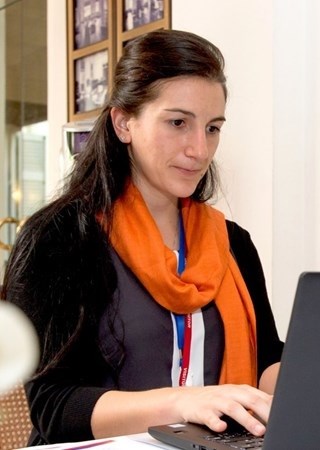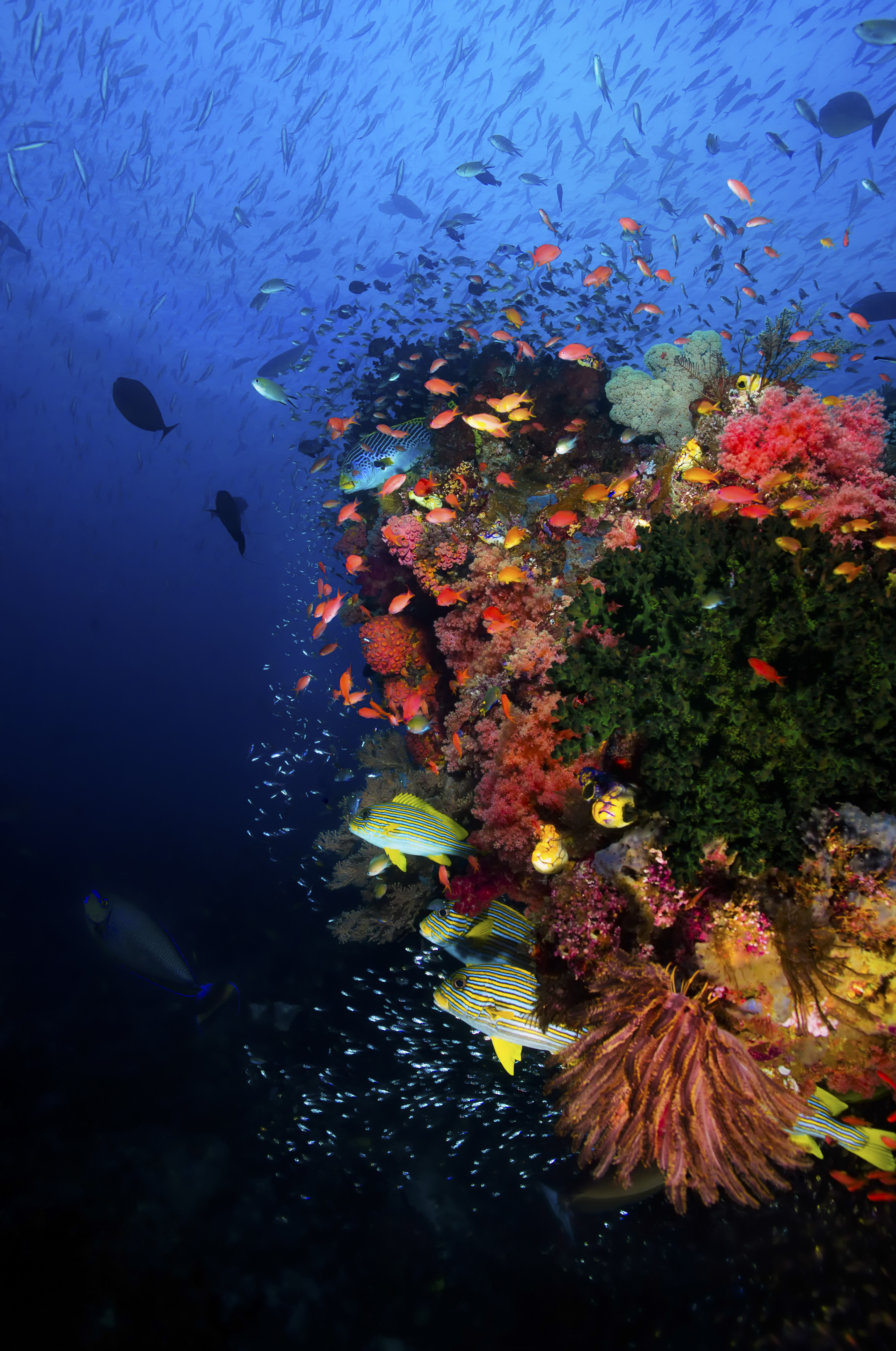Genomics and Systematics
The Genomics and Systematics Team focuses on the characterization of novel and emerging pathogens (viruses, bacteria, fungi, algae, protists and metazoans) that can infect fish, mollusc, crustacean, coral, and seaweed hosts. The team studies aquaculture host-pathogen-environment systems making use of animal tissues and environmental "NA" (eNA: eDNA and eRNA) techniques, combined with cutting edge molecular sequencing approaches (Illumina and Nanopore sequencing platforms, e.g. MiSeq, MinION, NextSeq550).
A key focus within the team is the application of open-ended methods, such as high-throughput shotgun (metagenomic) sequencing, which is applied particularly where there is no a priori indication of a specific causal agent, or in situations where the more traditional methods have failed to find causative agents. We routinely use metagenomics to characterize and obtain multi-gene data for such pathogens, and to reconstruct whole genomes of novel pathogens. Further, high-throughput sequencing (HTS) is also used to study the relationship between host and surrounding environment (using eNA) during a disease event, to understand how environmental microbial diversity influences animal health, and to understand the host pathobiome. By using HTS tools together with traditional methods, we can improve pathogen detection capability to help predict and/or mitigate disease outbreaks.
Examples of work include innovation in genetics and breeding to advance UK aquaculture production (AquaLeap; BBSRC/NERC), preventing and mitigating farmed bivalve diseases (VIVALDI; EU H2020), pathogen detection and emerging disease in small scale farms in Bangladesh, Malawi, and India (Newton Fund/BBSRC), genetic markers for resistance to Bonamia ostreae in Ostrea edulis, improving pathogen detection by developing new protocols and using Illumina’s newest high-capacity platform NovaSeq (eDNA as early warning tool of disease), linking metabarcoding eDNA and eRNA for real-time monitoring and biodiversity assessment of marine habitats, exploring symbioses and the role of microbial taxa in syndromic diseases in cultivated tropical red algae in developing countries using HTS and complementary microscopy (GlobalSeaweedSTAR; GCRF) and underpinning research to support Defra policy and Cefas core research and diagnostics capability in aquatic animal diseases (Defra evidence and R&D contracts). Further to this statistical analysis, statistical consulting and modelling are provided by the team to optimise data acquisition, identify key drivers of disease outbreak and emergence, and predict impacts of human and environment changes on aquatic organisms. The team provides broad innovative mathematical and informatics tools across the organisation and develops epidemiological and population models (e.g. Ich transmission between farmed and wild finfish, Pacific oyster populations), high-performance statistical and IT tools (e.g. Fins app, AMR), and high-throughput genetics analysis.
The Genomics and Systematics team is also central to the operation of the WOAH Collaborating Centre for Emerging and Aquatic Animal Diseases and to the description of emerging/novel disease agents. The description of novel/emerging pathogens is crucial for disease management in aquaculture systems and hence the Systematics team is also central to the Seafood Hazards and Food from Water Themes, and the International Centre of Excellence for Aquatic Animal Health. We will be able to rapidly identify pathogens and to further extend this to standardise risk assessment methods to predict ecological trends, evaluate animal health and disease aetiology. The goal is to increase knowledge in aquatic pathogens, biodiversity, drivers of ecosystem change and develop tools to assess and predict disease risks. The group’s impact and innovation is strengthened by supporting students and visitors from all over the world allowing high engagement levels and knowledge exchange.

Diana Minardi

